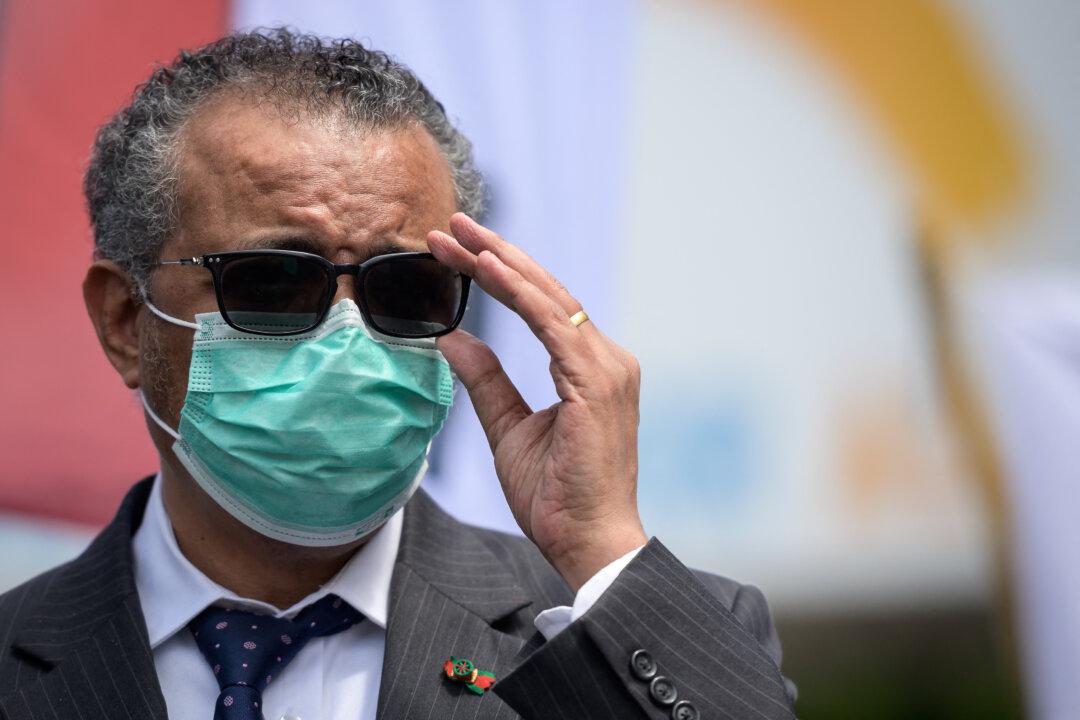The World Health Organization (WHO) this week altered its recommendations on COVID-19 vaccinations, softening language that once warned against vaccinating children.
The health body’s web page offering vaccine advice for the public on June 22 stated clearly, “children should not be vaccinated for the moment.”





